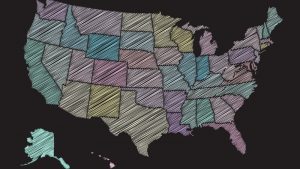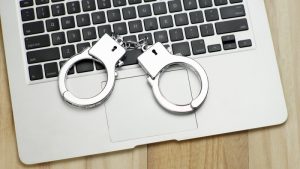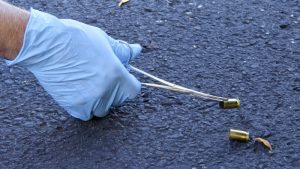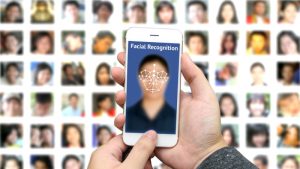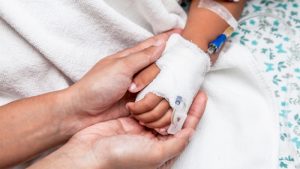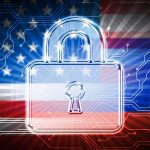The Federal Communications Commission should consult with tribal leaders and enact a tribal priority for spectrum allocation, according to Loris Taylor, president and chief executive officer of Native Public Media. Forty-one percent of Americans living on tribal lands lack access to broadband compared to 6 percent of total Americans, according to the FCC.
In order to educate law enforcement officials on how to deal with digital evidence and cyber-based crimes, the FBI has created the Cyber Investigator Certification Program, a project that, in partnership with Carnegie Mellon University, aims to address the concerns of the International Association of Chiefs of Police (IACP) over a lack of affordable cyber training options for officers.
Seven weeks ago the Peoria (Ill.) Police Department and Peoria County Sheriff’s Office began testing the new Integrated Ballistics Identification Systems to help solve crime. The Federally funded IBIS equipment examines the unique characteristics of shell casings and compares the casings to others stored in the national database.
Later this month, the Healthcare Information and Management Systems Society will open its new, interactive Cybersecurity Hub at the HIMSS Innovation Center, within the health IT floor of the Global Center for Health Innovation, in downtown Cleveland.
The National Institutes of Health (NIH) awarded $5.5 million to four regional medical center groups being added to the national network of health care provider organizations implementing the Precision Medicine Initiative Cohort Program.
An app designed to help drivers avoid traffic proved helpful during a recent deadly flood. Traffic data from Waze helped government officials and first responders in Louisiana during Baton Rouge’s flooding in August. Esri announced a partnership with Waze and local governments on Oct. 12 to encourage more states and cities to use roadway data for similar projects.
One in two American adults is in a law enforcement facial recognition database, which has the potential to disproportionately affect people of color, according to a report released by the Center for Privacy and Technology at the Georgetown University law school. A coalition of 52 civil liberties groups wrote a letter to the Justice Department, expressing their concern that facial recognition systems disproportionately affect communities of color.
The Barnacle, a parking enforcement tool launched this summer, is latching onto cars with multiple parking violations in Fort Lauderdale, Fla., and Allentown, Pa.

